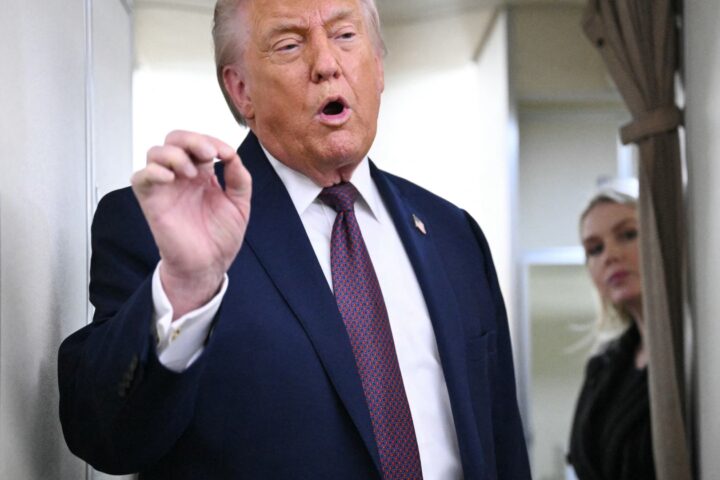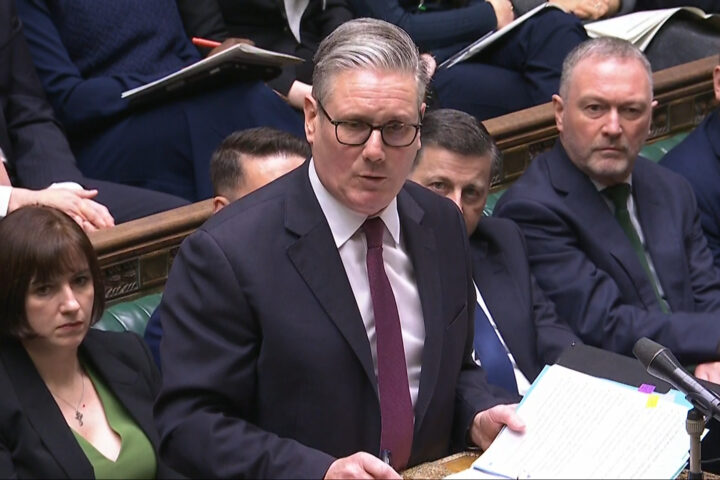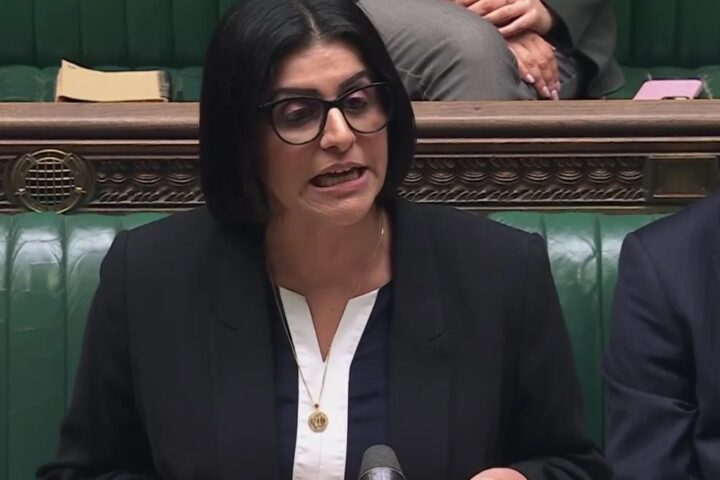On 17 September 2025, Anadolu Ajansi reported that Russian Security Council Deputy Chairman Dmitry Medvedev declared any NATO attempt to impose a no-fly zone over parts of Ukraine, coupled with the downing of Russian drones, would be treated as an act of war. He also dismissed the newly launched “Eastern Guard” initiative as a provocation and warned that using frozen Russian assets to support Ukraine would be considered a crime, with Moscow threatening to pursue European governments and officials both legally and outside judicial frameworks.
NATO response after drone strike on Poland
Medvedev’s remarks came in the aftermath of a Russian drone strike on Poland, which prompted NATO members to invoke Article 4 of the Alliance treaty and launch Operation Eastern Guard. The operation aims to strengthen air defense across NATO’s eastern border. Alongside this, discussions have resurfaced over proposals to extend allied protection to parts of Ukraine’s airspace adjacent to NATO territory, an idea repeatedly debated since the start of the full-scale war but never adopted due to fears of escalation.
Medvedev’s rhetoric and Kremlin’s signaling
Although Medvedev is often portrayed in Russian propaganda as a blunt provocateur, his formal position within the Security Council makes his words significant. Western officials view his threats as semi-official signals from the Kremlin. He emphasized that NATO’s enforcement of a no-fly zone and the downing of Russian drones would cross a red line, drawing the United States into the conflict as one of NATO’s leading powers. The statement was seen as an attempt to force Washington to weigh potential moves that Moscow could interpret as unacceptable provocations.
Legal and political dimensions of Russia’s threats
Medvedev’s warning on frozen Russian assets highlighted another front of confrontation. By signaling the possibility of legal action against European states and officials, Moscow suggested it may leverage judicial tools alongside military and informational tactics. Analysts noted that the United States must also factor in potential legal disputes if American financial institutions or companies are involved in handling frozen Russian funds or credit mechanisms for Ukraine.
Implications for U.S. strategy and allied debates
Such statements carry weight in domestic and international political arenas. They may be used in U.S. debates either to argue against deeper military engagement with Ukraine due to escalation risks or to justify tougher measures against Moscow, including sanctions and expanded support for Kyiv. Washington may face growing pressure to adjust defense strategies, increase spending on air and missile defense systems, and intensify diplomatic coordination with NATO allies in anticipation of possible Russian provocations.
Ukraine, meanwhile, has repeatedly demonstrated that Russia’s threats of escalation often fail to materialize. Moscow’s earlier warnings that strikes on occupied Crimea or incursions into Russian territory would trigger massive retaliation — including nuclear threats — proved empty, as shown by sustained Ukrainian attacks in Crimea and the extended Kursk operation that temporarily brought fighting onto Russian soil.















